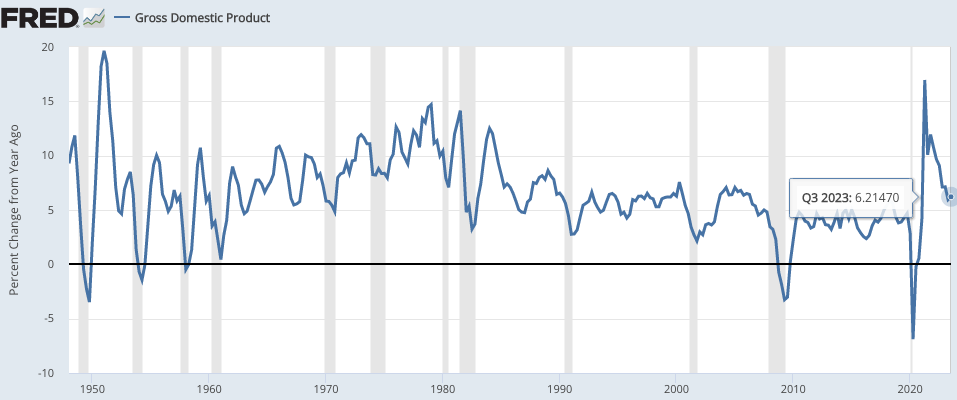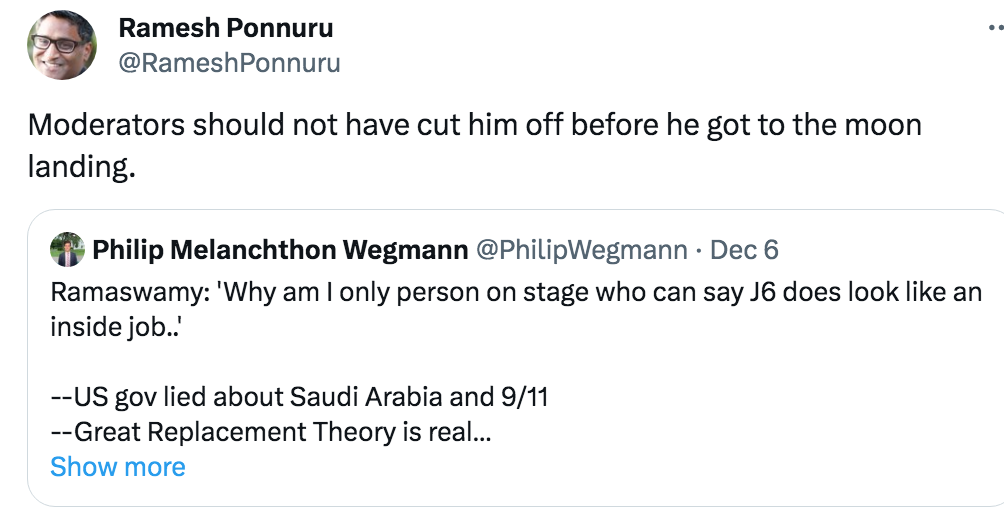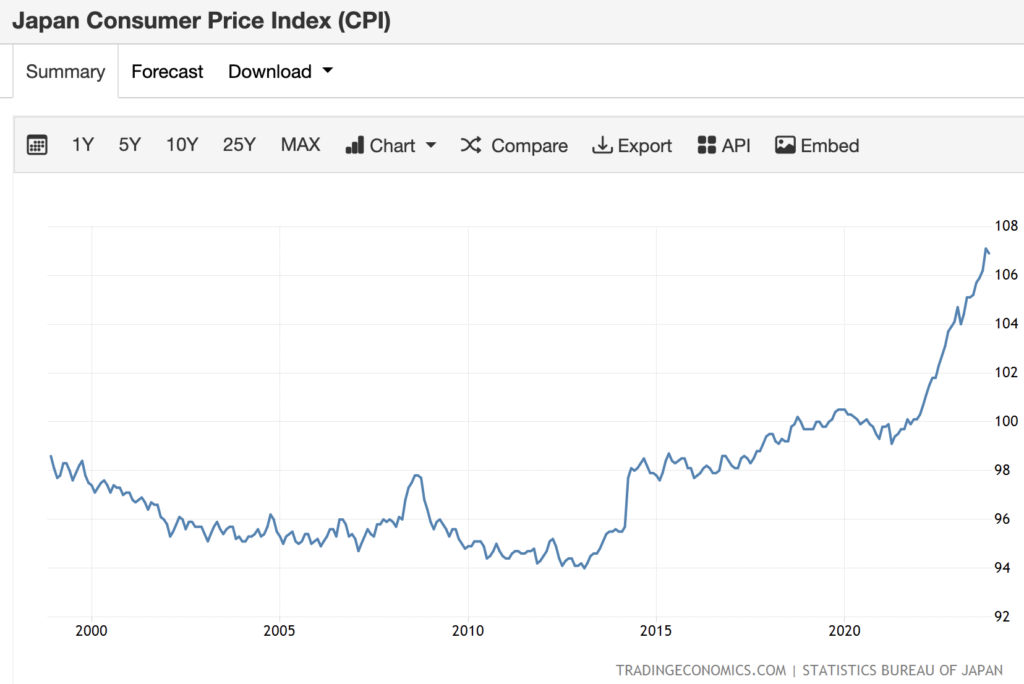With NGDP, everything becomes much clearer
On the internet, I see endless debate about the so-called soft landing. Many people seem to believe that some sort of law of economics has been violated. Inflation has come down substantially, and yet the labor market remains strong.
I see all sorts of problems with this debate. One problem is that we are assuming that a soft landing has occurred, which is premature. The second problem is that we are using a “Phillips Curve” approach that is based on fluctuations in inflation, when we should be focussing on NGDP growth.
If you focus on NGDP growth, then things become much clearer:

In the past, recessions tend to occur when NGDP growth falls sharply. But not always. There was no recession in 1952, 1967 or 1986. And even better indicator of recession is a fall in NGDP growth to a level well below the average of the previous decade. That doesn’t explain the 1974 recession (when the economy was distorted by the removal of wage/price controls), but it basically explains all the others.
The most recent data shows a 12-month NGDP growth rate of 6.2%, which is well above the average of the previous decade. Yes, that’s much lower than two years ago, but as we saw in 1951-52, a big drop in NGDP growth doesn’t necessarily cause a recession if it’s a return to normal growth after an abnormal spike. Instead, recessions tend to occur in years like 1953, 1957 and 1960, when NGDP growth falls to well below normal. But that hasn’t happened . . . yet.
If NGDP growth were to stay at 6.2%, then inflation would level off at about 4.4%. But I don’t believe NGDP growth will level off—I expect further declines. People talk about how surprising it is that NGDP growth could fall to levels consistent with 2% inflation without triggering a recession, but maybe we should wait for that to actually happen before patting ourselves on the back.
And it might happen! There’s never been any logical reason why a soft landing is impossible—you need to disinflate at a gradual rate. So far the Fed has done that. (Keynesians are wrong in thinking that recessions cause the disinflation, they are a side effect of overly rapid disinflation. Tighter money causes the disinflation.)
Some might argue that the 6.2% NGDP growth rate for the past 12 months is overstated, as NGDI growth has only been about 3.0%. But the GDP figure seem much more plausible. For instance, reported RGDP is up 2.9% while RGDI is actually down more than 0.1% over the past year. Given that job growth has been far above trend, and trend RGDP rises at 1.8% even when job growth is normal, which figure seems more plausible?
So far, the economy’s performance is far less surprising if you focus on NGDP rather than inflation. NGDP growth has not fallen to a rate that would typically trigger a recession, it’s still well above trend. Yes, inflation has done a bit better than one might have expected given NGDP growth, just as inflation did worse than expected up until mid-2022. Both can be explained by temporary supply factors, which artificially boosted inflation in 2021-22 and have artificially depressed it over the past year. Those are head fakes. Don’t let misleading inflation figures screw up your understanding of the economy—ignore inflation and focus on what really matters—NGDP growth.
To achieve its 2% inflation target, the Fed must get trend NGDP down to about 3.8%. Perhaps it will do so without triggering a recession. Maybe it’ll over tighten into a recession. Forecasting is a game for fools. Right now, markets see a soft landing as the median outcome, but either an undershooting or an overshooting is certainly possible.
K.I.S.S.—Focus on NGDP and ignore inflation.
Happy New Year, and may all your landings be soft.




